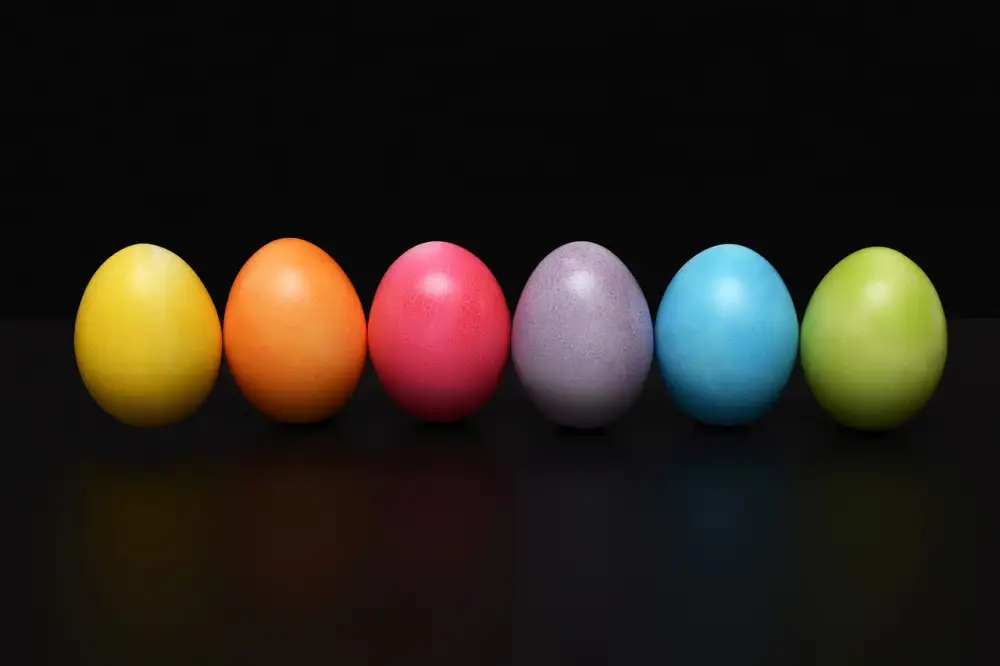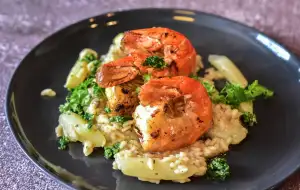Master the Art of Boiling the Perfect Egg: Foolproof Tips and Tricks

Boiled eggs are a versatile and nutritious staple in many cuisines around the world. They are a simple yet satisfying dish that can be enjoyed at any time of the day. Whether you prefer them soft, medium, or hard-boiled, mastering the art of boiling the perfect egg is essential for achieving the desired texture and flavor. In this article, we will explore foolproof tips and tricks to help you achieve perfectly boiled eggs every time.
Selecting Fresh Eggs
Selecting Fresh Eggs is crucial for achieving the perfect boiled egg. When purchasing eggs, always check the expiration date on the carton to ensure freshness. Fresh eggs will sink in water, while older eggs will float due to air pockets that develop over time. Look for eggs with intact shells and avoid those with cracks or leaks, as they may have been compromised. Opt for organic or free-range eggs for superior flavor and quality, as the diet of the hens can impact the taste and nutritional value of the eggs. By choosing fresh, high-quality eggs, you set a strong foundation for mastering the art of boiling the perfect egg.
Boiling Water Preparation
Boiling water is a crucial step in achieving the perfect boiled egg. Start by selecting a saucepan that comfortably fits the number of eggs you plan to boil in a single layer. Fill the saucepan with enough water to cover the eggs by about an inch. Adding a pinch of salt to the water can help prevent cracking and make peeling easier later on. Bring the water to a rolling boil over high heat before carefully lowering the eggs into the pot using a slotted spoon to avoid cracks. A gentle boil ensures even cooking and prevents eggs from bouncing around and cracking against each other.
Boiling the Eggs
Boiling the eggs is a crucial step in achieving the perfect texture and consistency. Start by placing the selected fresh eggs in a single layer at the bottom of a saucepan. Fill the saucepan with enough water to cover the eggs by about an inch. Adding a pinch of salt to the water can help prevent cracking and make peeling easier later on. Bring the water to a gentle boil over medium heat, then reduce the heat to low and let the eggs simmer for the desired amount of time based on your preference for soft, medium, or hard-boiled eggs.
Timing for Soft, Medium, and Hard Boiled Eggs
Timing is crucial when it comes to achieving the perfect boiled egg consistency. For a soft-boiled egg with a runny yolk and firm whites, boil for 4-6 minutes. A medium-boiled egg, with a slightly firmer yolk but still creamy, requires 7-9 minutes of boiling. If you prefer a hard-boiled egg with a fully set yolk and whites, cook for 10-12 minutes. Remember to adjust the timing based on your altitude as higher altitudes may require longer cooking times. Timing is key to mastering the art of boiling the perfect egg every time.
Cooling and Peeling the Eggs
After boiling the eggs, it is crucial to cool them down rapidly to prevent overcooking and make peeling easier. The best method is to transfer the eggs immediately to a bowl of ice water using a slotted spoon. Let them sit for about 5 minutes, allowing the cold water to penetrate the shells and shrink the egg whites slightly, making peeling a breeze. Gently tap each egg on a hard surface, then roll it between your hands to loosen the shell before peeling under running water for smooth removal.
Serving Suggestions
Once you have mastered the art of boiling the perfect egg, it's time to get creative with how you serve them. Soft-boiled eggs are delicious when served with a sprinkle of salt and pepper, accompanied by buttered toast for dipping. Medium-boiled eggs can be sliced in half and added to salads for a protein boost. Hard-boiled eggs are versatile and can be used in sandwiches, chopped up for salads, or even deviled for a tasty appetizer. Experiment with different seasonings like paprika, herbs, or hot sauce to elevate the flavors of your boiled eggs. Enjoy your culinary creations!
In conclusion, mastering the art of boiling the perfect egg is a skill that can elevate your cooking game to new heights. By following the tips and tricks outlined in this article, you can ensure that every boiled egg you make is cooked to perfection, with a creamy yolk and firm white. Remember to start with fresh eggs, use the right boiling water preparation, and follow the timing guidelines for your desired level of doneness. With practice and attention to detail, you'll soon be able to impress yourself and others with your perfectly boiled eggs. So go ahead, put these techniques to use in your kitchen and enjoy the delicious results!
Published: 17. 04. 2024
Category: Food



